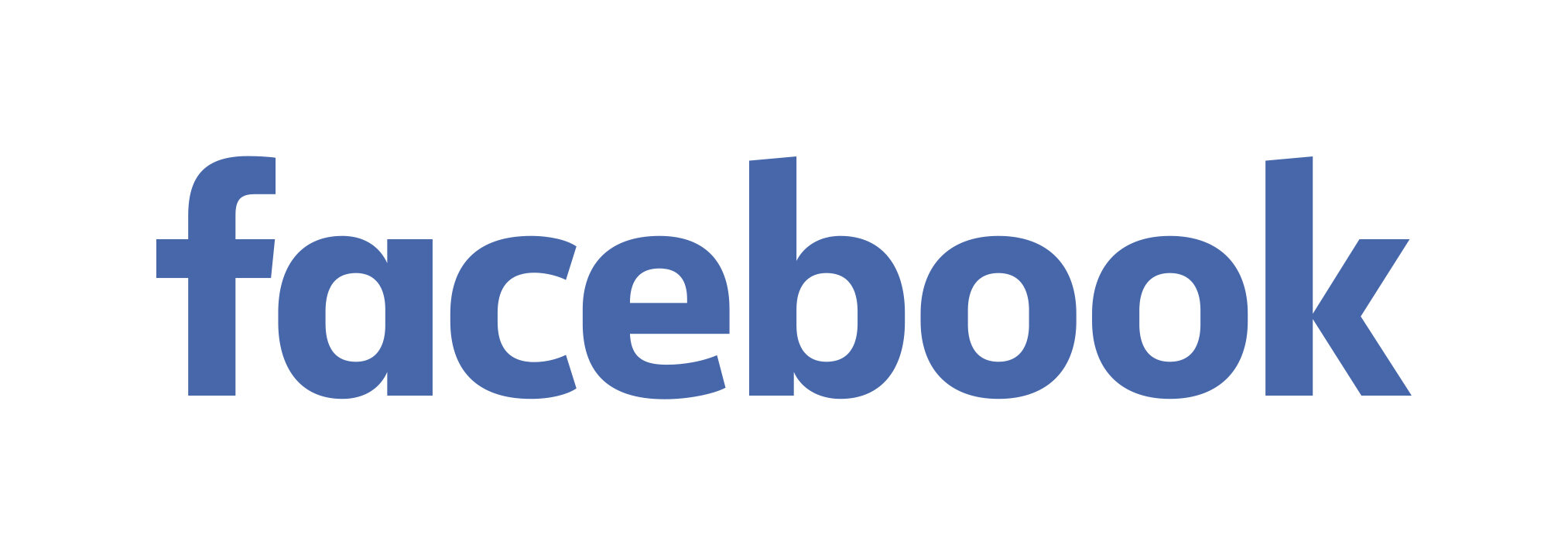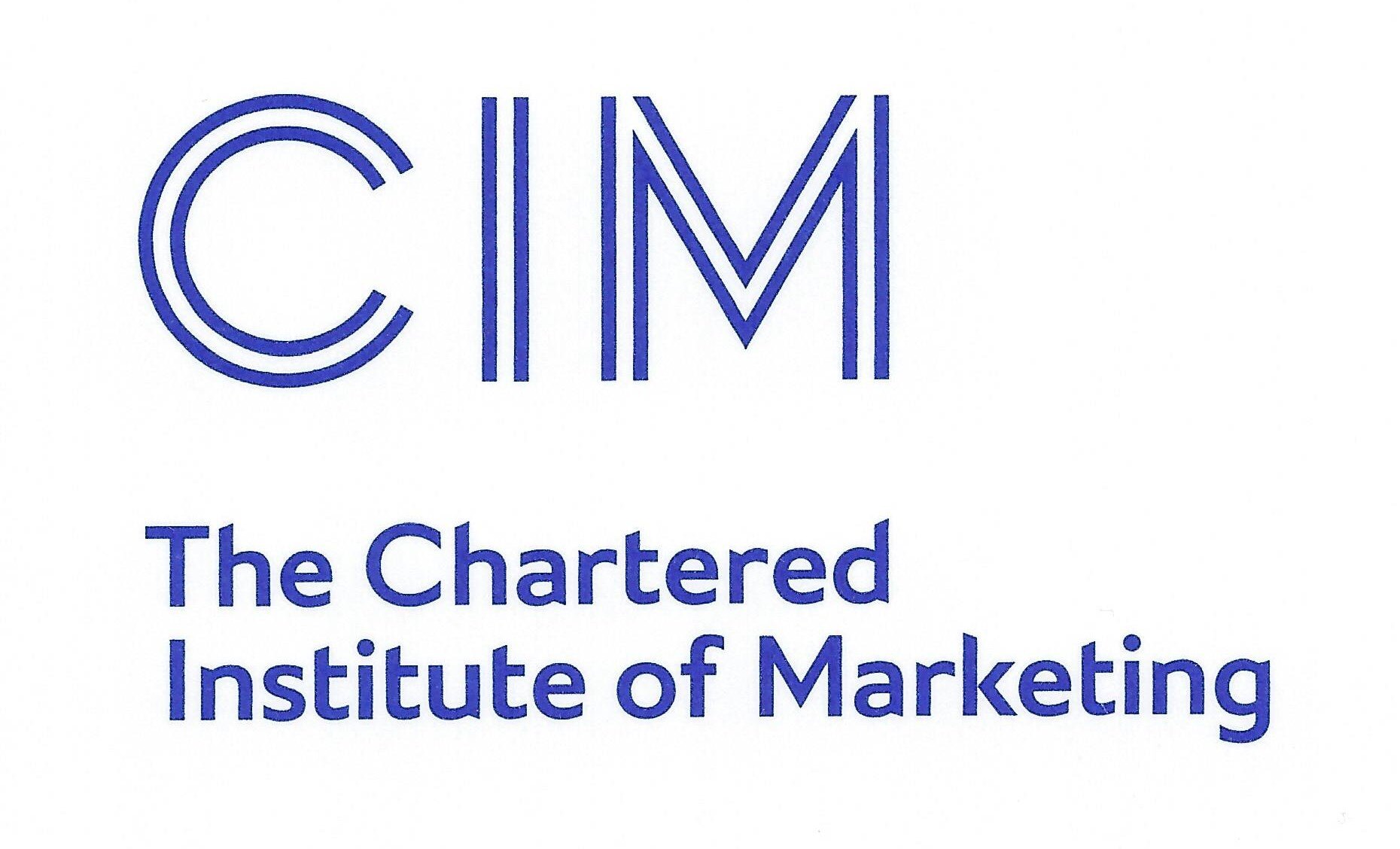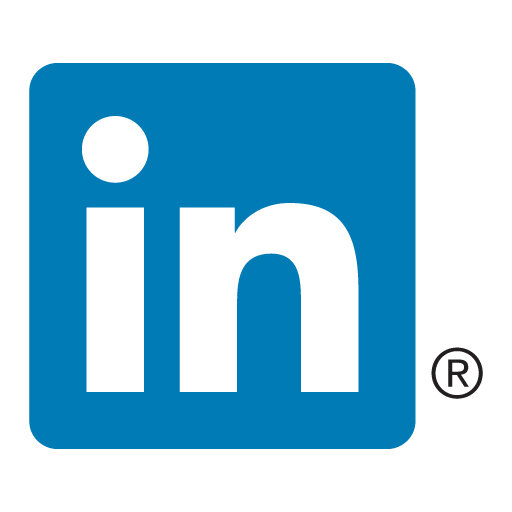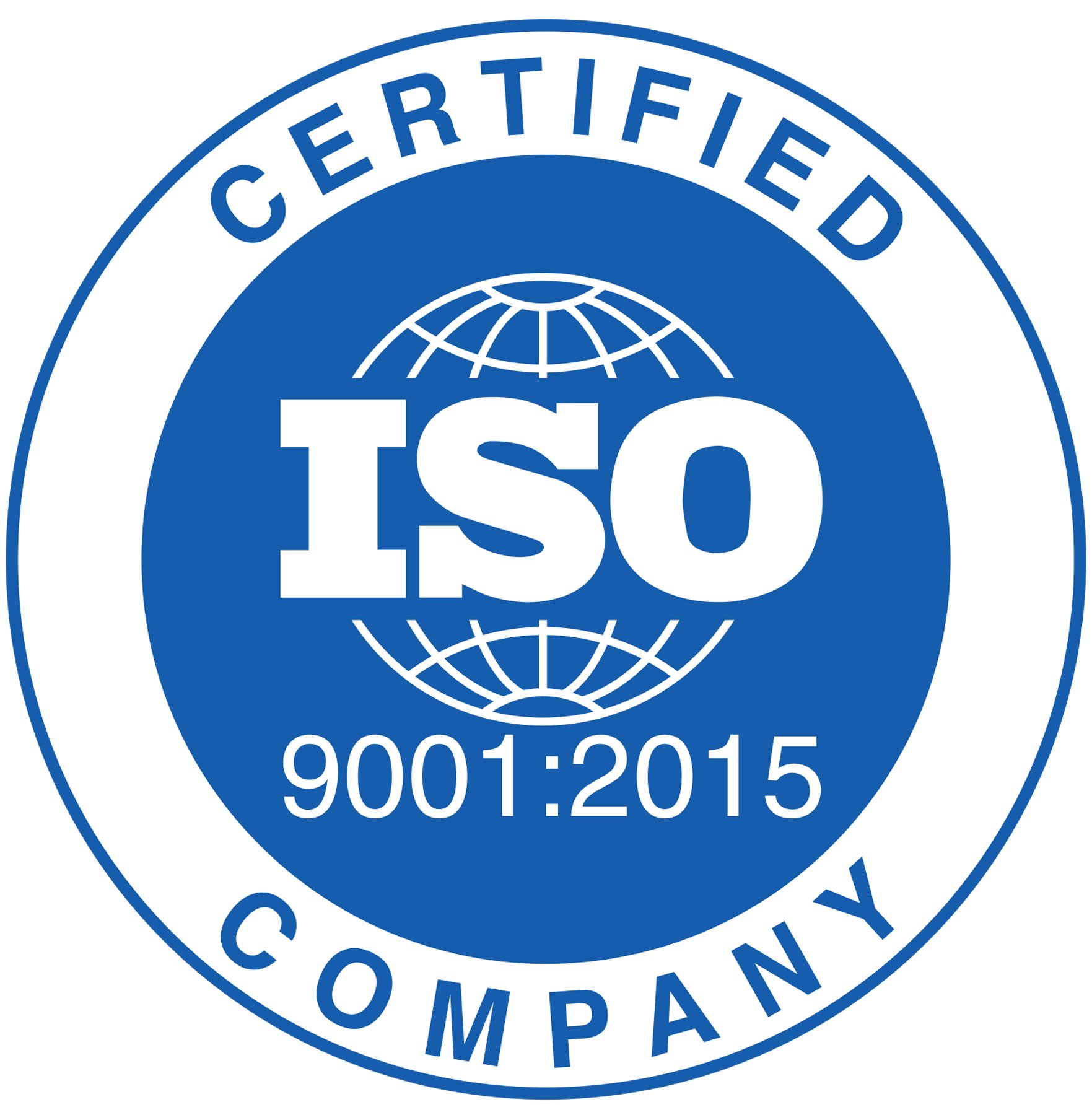HELLO EVERYONE! WELCOME TO ANOTHER EPISODE OF THE MARKETING INNOVATION PODCAST SHOW!
This week on The Marketing Innovation Podcast Show, we have invited Alex Mitchell, Founder of the charity KitUsOut, the co-founder and UK president of G20 Young Entrepreneurs Alliance, and Chair of The Institute of Directors in the UK.
Being actively involved on a daily basis with a community of thousands of start-ups and scale-ups, Andrei and Alex are going to discuss marketing & businesses changes in the current economic space for both UK and international businesses - as well as the art of spotting opportunities that come with change. They will also be touching on the mental health subject, and issues that can always come into the equation in high-stress scenarios - and how to empathetically lead teams, applying a healthy leadership approach.
If you want to listen to this episode instead of reading about it, choose your favorite platform:
You can also watch the episode on YouTube:
LET’S DIVE INTO THIS EPISODE!
Andrei: On today's episode we have Alex Michel. Alex is the founder of the charity Kit Us Out, the co-founder and UK president of G 20 Young Entrepreneurs Alliance and chair of the Institute of directors in the UK. More specifically, part of the IoT which tackles the small and medium-sized business community as well as the entrepreneurship community in the UK.
In terms of the subject for our discussion, because of your expertise in the field, as well as your very deep involvement with entrepreneurship community in the UK, but also globally. We discussed before the show and we think it's gonna be a good direction to go into the tackling the changes and challenges that the small and medium-sized businesses suffered in this period, as well as potential opportunities for them going forward when the economy is gonna start up again, both from the business and marketing perspective. So this is going to be an episode that is going to tackle both subjects.
So Alex, how is this period of time, from your perspective, working closely with so many businesses at once? What do you find were the hardest things to overcome, maybe some situations where businesses managed to capitalize on some opportunities, although for sure, there weren't too many opportunities. But what are some examples of interesting things that happened that you were part of?
Alex: There's a couple of interesting things. We've just seen the Office of National Statistics come out saying the economy has shrunk by almost 20%. This is staggering, this is 10 times higher than the previous, and that was in one month, right? This is 10 times higher than the previous biggest drop ever. So, we are facing difficulty. All of us are going to be hit to some way, but there are certain sectors which would be really decimated: hospitality, events, shops, retail, that sort of thing. What I'm seeing is that when you're faced with a challenge, it's very difficult to say: "this is going to be the decision I make". Because when you're faced with the challenge of this type, you don't know quite what it's going to go on for. What I have seen is those businesses that took the risk, at point of challenge have tended to be the ones which are doing okay now.
I spoke to a founder a couple of weeks ago, who owns two restaurants up in Edinburgh. They have really good food, it was really great central locations. Suddenly, all your costs are the only thing in the business. You've got a huge number of costs, and nothing coming in. The decision he made there was to invest very quickly within a week in an online ordering platform that you put onto his website. So you can buy the product directly and they would deliver directly to the door. Now, that meant that it was was a risk: even though this is going to go on for a week, a month, how long as it can go on for and for him, it is a risk. It's a financial risk, having to spend money at a time where you've got no money coming in, and all the money's still going out. What he's been doing it for about seven and a half weeks now, he has revenue coming in, and fairly substantial revenue because he got it go quite quickly. So you always have first-mover advantage, which again helped, because there were relatively few people out there doing apart from traditional takeaways. In addition to that, he also built up a strong customer base, because he's been there for his customers at a time when they needed people to do things, so he was able to work with his customers saying: "You love coming into our restaurant, why don't you do a takeaway with us now?" There is a really good decision to say: "I know we've got no money coming in at all. But hey, that little bit of money we have in the bank for a rainy day, I need to use that now."
I've spoken to a lot that did make that decision, they made it early, and now they've got revenue coming in. The other side is around supply chain, resilience. How strong is your supply chain? The examples I gave with the restaurant is very much customer-facing, and how do customers engage with you. The last situation you ever want to be in for businesses is where you're not making any money. And that is a real struggle. You've got to look at how can you diversify your revenue streams. If that is diversifying your product, if it is diversifying your manufacturing base, your customer engagement, or your marketing. You've got to look at all these different aspects when you are faced with a challenge like this and where those leaders do come out and say:
Okay, this is how I'm going to create the solution. This is the problem. This is going to be the way I'm going to create the solution about it.
Those have been the ones that I've seen, have had more resilience over the last 11-12 weeks, and will ultimately have more resilience during this pandemic, because they've been able to diversify, they've been able to look at it, they've been able to be challenged, but it isn't easy. There's no point in pretending it isn't.
Andrei : Yeah, for sure. So hospitality and travel has been really put to the ground. One thing that I want to get your thoughts on as well was the service business and B2B in general, when we talk about the services. I think software was impacted to a point and the smaller businesses that were offering services or professional services. How did they manage to overcome this period of time? How did they reinvent themselves? Do you have any cases that come to mind?
Alex : Services, it's really interesting point, because they're relatively transactional in place. A friend of mine runs his accountancy firm, which she decided to provide more meaningful engagement with her client base. So she now has created a community of her clients as an accountancy firm. They've created their own community. And I think also the other businesses, I've seen that doing relatively well within the service space. It shows empathy with what people are facing and understanding of the challenges that businesses are facing at this moment in time, understanding what the options are: needing to look at payment mechanisms, need to look at payment models, need to be adaptive, need to be supporting. Understanding that the businesses you've engaged with was probably facing an incredibly difficult time. There are sectors which are actually doing quite well: coaches, for example. It's about understanding where the client is coming from, understanding the risks. They're thinking about the conversations they're going to be having at a board level conversations, and if you're able to come with that degree of empathy, and understanding and provide value add outside of the call service you're offering. This is that tiny little bit of USP that is going to make you stand out from others within that space.
And to be honest, if you are providing a meaningful service and additional value add, it doesn't cost you much and hopefully not much time either, at this moment in time, they're going to stick with you for going forward because you've been there to help them.
Andrei : Very nice. So for you guys, maybe this is something that you could be doing as well. And for any clients of ours that are reading this, you guys probably know that we try to intermediate some of this stuff as well on email when we could and when it was an opportunity. So this is something that we definitely are looking at as well.
Alex : What I would say is:
Don't ever, ever underestimate the value of bringing people together in an altruistic environment. You're not there to create more money or more sales or anything like this. You're providing genuine value adds at a time when people are worried, when people are nervous, when people are concerned about where their money is coming in from. If you are genuinely providing something which could help them out, via WhatsApp group, via Facebook group, via Zoom meetups, it provides massive value add. And the cost is minimal.
Andrei : Awesome. Thanks so much for the insight. Moving now into the marketing element of it. Now, I know you've been tackling it from many perspectives and also with Kit Us Out as well, with sponsorships and all the other channels that are additional to digital. But do you have some insights that maybe you encountered personally or maybe you found people that were struggling with? In terms of marketing spend, what was the general feel? What were people more likely to look at to investing in, maybe people were getting their most return on advertising spend from.
Alex: Marketing is always, sadly, one of those areas that you come into a point of financial restraint, it tends to be one of those areas that tends to be cut. I always think that's a huge shame. Because now is the time you need to be out there, your competitors won't be. When your market is drying up, when your customer base is drying up, it's difficult to say: "Let's spend money on a marketing campaign". But if you've got something meaningful to talk about, if you've got something meaningful to add, but not just a general marketing stuff you'd send out. Again, showing that empathy, show that understanding, showing that support is so important. And that is where the value adds can really be created. But it isn't easy to do. You've got to look at doing things slightly differently. Now people are inundated with commerce at the moment, you've got to look at what stands out. Maybe that market is a direct sale point of view, but mark it as: "Look, we don't care if you're a customer of ours or not, we just want to do something that can support, something that can provide genuine value." We just want to provide something to help you out. And when people are in a situation like this, providing that genuine support that isn't: "You can only get this if you're a client of ours, if you pay this retainer, or that retainer." If it's not costing you much, why shouldn't you share the wealth? Why shouldn't you share the knowledge? It's so important.
Andrei: Super. And also on this note, I think, for you guys listening, content marketing might be something that it'd be cheap for you to do. Even running a podcast is ultimately content marketing in a form, which is audio and video content. We put it out there, it brings value. It doesn't cost us anything more than just our time to do and obviously availability and energy. But that's something that if you are not running the business at the moment, at the capacity that you were before, maybe it's something that you could relocate or get from there and put into creating valuable content.
Alex: You learn a lot as well. You're doing podcasts, you read about myself, or really interesting people, and then you learn a lot from that, about their own experiences, you get an understanding of what they're doing and if you've got some time, it's a great chance, it's a great opportunity to do something that provides value by helping yourself. Learn, develop new skills and ideas.
Andrei: Yeah, it's a great opportunity to not be the smartest person in the room. I'm always trying to bring people that have experiences that I don't have. Such as you Alex, you are getting involved with all these activities and helping out corporate clients or being an advisor on government boards and being actively representing the business community of the UK into the International Space. So, obviously, you have so much more wealth of knowledge in that direction that us, like me, as well as our listeners, can apply. But for you guys, this may be too hard for you to get to know Alex, if this wasn't happening, and then from this point onwards, maybe can be a channel for you guys to communicate directly or maybe Alex can help you in a way. Or maybe you can contribute to Kit Us Out in a way and maybe give back to the community.
Alex: It's interesting, we always think we don't have much to share ourselves. But everyone watching this will have their own unique journey. They'll have their own insights of what they've been through. And some of that will be lessons. And although you might think that isn't much of a lesson to me, to someone else it might be actually genuinely quite valuable. So never think you don't have content. You have content. You just need to think of ways you can get it out and ways to articulate in a manner that other people can understand resume.
Andrei: Perfect, awesome. Now that we are hopefully going into better economic times, although my personal view is that we are not yet at the bottom, in terms of the economic impact. However, from a blockage point of view, hopefully things are going to start to be unblocking a bit over the next couple of months. So, small to medium-sized business were very much impacted during this time, maybe they managed to keep themselves above the water, but they didn't necessarily grow or prosper in this time. Alex, what do you think would be some things that they might be able to look at. If they miss the boat the last time when they had the first opportunity to change the way that they were doing things in order to capitalize on something. What do you think they could be doing now to gain an advantage over their competitors or to establish themselves in their industries now that hopefully the economy's gonna be a bit more started.
Alex: Four months ago we never would have thought we're in this position, but here we are. So you don't know where we're going to be in three or four months time. Look at what skill set you've got in place at the moment in your business. At some point, we're going to start to come out of this, we're starting to see some elements of the lockdown being reduced in the UK at the moment. When this happens, things are gonna start to move.
Where do I want to be? What staff do I have in place? What skill sets do I have in place? How is the mental health of my staff? Are they being supported? Do I know how they are genuinely feeling, rather than just a large team catch up once a week? Have you been speaking to your current customers? Have you been speaking to your past customers?
Are you starting to see and understand what their purchasing habits could be going forward. If you're in the retail sector, are they going naturally go back to buying on the high street to the same level? Are they going to remain buying heavily online? Head from the Dragon's Den, was giving an interview on the BBC a couple of weeks ago: "Look, what this has done is accelerate what was going to happen over five years period of time in relation to the high street".
I think you are seeing a fundamental shift. Understand, if you've got stuff wrong, what did you get wrong and what can you learn from it? Look at what skill sets you have and based on resources you have in place at this moment in time, speak to your customers now, understand get insight of what they might be doing, the way they might buy your product the way they might engage with you moving forward. If you haven't already, create that relationship. Is going to be uncertain. We don't know what it is going to look like. We hope the economy is going to pick up quickly, as well. If you speak to a lot of economists, it might well not indefinitely certain sectors.
Knowledge is power! And at this moment in time, it is difficult to understand where your knowledge is, you don't know about a vaccine. We don't know that. But what you do know is data within your own business and data within your customer base. Things might change, but at least we have an understanding of what your customers are looking at where people are buying what their likelihood of purchasing tenancy is going to be after lockdown. You hear at the moment everyone's going to go out and spend spend spend. I mean, I don't know if they will. I'm certainly not. I've been worried about this. Do I have enough savings? I'm not going to go out and spend spend, spend, I'm going to go: "I need to make sure I've got stable client base, my business is going okay, and I'm building my savings or business perspective".
Personally, I'm not an economist. So this is only my feeling of speaking to others who are. I'm not certain they are going to go out and spend. Do speak to your customers, look at what data you have and you're able to get. What you can do is speak to areas where you can get data to be that internally, your staff, be externally with your customers, and try and understand what they are thinking, what they're looking for. So that regardless of what happens in the future, you have an understanding of where your resources are, who run the business for you. And also those who are going to buy your products from you. You get an understanding of what both are up to and what both feel in this moment of time.
Andrei: Super insightful. And also it just came to my mind now: one thing that we did internally was to look again at the processes running internally, because the year so far was a tornado, to be honest, so that many internal processes might have suffered alterations or might have not been followed, specifically as they would general. And I think this is mainly applying to businesses that have a big element of customer service within them, whether that's us or whether that's marketing or services in general, or service delivery. That might be something that everybody had to juggle with over the past couple of months. And, on your note, Alex, what you said about things not being again, the way that they were before, that's very true. And I think that in order to show empathy to your clients and to show that you are responsive to their needs and everything, it might be worth for you to look at the processes that you were just generally previously applying and see if you can restructure something or put it in a way that can deliver more value at the end of the day to that specific line, because it's your clients that don't know if they have certainty over what's going to happen. So it might be harder for them to purchase something for three months or six months or not commit to a price for six months at the same price in the case that they don't know if they're going to be running the same business in two months or three. So looking at the processes, making sure that they are aligned with the expectations that may be changed over the last couple of months, and then seeing how you might be able to input that process again to the business and respect it as well, because that's important for business sustainability.
Alex: Yeah, I agree. I mean, it comes back to that knowledge: you need to try and work out what other people are thinking. If you operate a big office space for your team, are all your team going to want to come back and work nine to five, five days a week? Someone's probably not. If you're in a position where your business can work remotely, you can look at cutting down on office space costs, and having a rotating system for your staff. So they don't need to be in the office all the time.
Andrei: Super. Okay, so now as we go more towards the end of the episode, let's try to see what would be some actionable points. I think that we made the discussion quite actionable already. So that's amazing. Let's see if we can summarize everything that we discussed so far into some main points. I think empathy is a big recurring theme in while we have discussed. I'll let you, Alex, maybe try to summarize a bit and then I'm going to come and join the discussion as well.
Alex: As you mentioned, empathy is key for staff and for your customers is absolutely crucial. Thinking differently, don't go down the hard sell route, provide genuine valuable ads to clients or prospective clients. Don't think that the hard sell is going to work. It isn't. People are hesitant about spending money. So understand that and look at the value you can create. Look up the assets you already have. So if you've got clients, is there an opportunity to bring the clients together in a community, in a supportive environment? Really look after the mental health of your team. They're going to be worried, they're going to be anxious, they're going to be concerned, same to customers. This is a very, very difficult time. I don't read the news anymore, or I really limit myself how much I do read. It's enough to create depression, anxiety.
Safety as well, make sure you again empathize with that: "We are going to make sure the environments are clean that you come into, there is going to be social distancing. We're going to look after you, our employees, and we care about you. Genuine care."
Same with your customers as well. If you are a B2C business with direct engagement with customers, what does that look like? Think about what your customer was going to be thinking. Again, it's difficult to plan for the future. But try and look at what data sets you have and what they could tell you about what the future could look like from a number of different guises.
Now, what resources do you have internally? What skill sets you have internally? How are your staff feeling? Are they engaged? Are they motivated? Is their adaptability opportunities? Are they trained up enough at the moment? Can you put them on training schemes so you can build up that skill set internally to get you ready for when we come on to this situation? Your customers, what are they thinking? What are they thinking on prices? What are they thinking on buying? What are they thinking on engagement?
What are they thinking about contracts, what are they thinking about retainers, what are they think on the products, they're buying. the engagement. All that sorts of stuff, try and have an understanding with it. Trying to show that, try and enter into that engagement, that dialogue with them. A few other things to sort of keep in mind: it's difficult to spend at the moment, right? If you can, look at how you can put money into the business at the moment that can provide a degree of answers to the challenges you've already faced. You've got a kitchen, you've cut staff, you've either put them on furlough or you get them creating products so that people can buy.
Andrei, you mentioned content lead marketing. It's providing value-creating podcasts, creating content. If you aren't writing a blog, write a blog. If you run your own business, write a blog about what you're facing, it will help others. It might not lead to any new clients, but at least you got it down. And at least you've got the lessons you learn and wrote them down so you don't forget them either. But it might help other people who are watching it and reading it and looking at it. As Andrei said, it is really about content and be innovative about it. This is called "The Marketing Innovation Podcast", right? And you've got to look at being innovative in relation to how you market, how you engage, how you listen, how you interact. It is far less a one-way street now and I think that is kind of gone. When we come out of this, it is going to be a two way street with customers and clients all the time. It is going to be far more engagement, far more conversation.
The final point is: if your business is suffering, I really feel for. It isn't easy. I know you're having sleepless nights as am I. I know you're worried about the future. Do you take this time to do a little bit of internal work as well? If you have the opportunity to look at your professional development, look at your learning, there are loads of resources out there, which we put out for free at the moment. Use it to develop yourself, but use it to also look at where your businesses is. That stuff has always been on the back burner. There's a bit of a quiet time of the business now.
Look at it, look at that side, get that stuff done that you wanted to do. And it's a massively overused term and I'm not a big fan of it, but where you can pivot, think about what you could be doing. Because this, in my view, and this is only my uneducated view, I think we're going to be around this for a while when this probably come out of lockdown. But I think there's going to be social distancing, there might be further waves and stuff like this.
Therefore, you need to have systems in place and be able to deal with a very hyper fluid market. You could suddenly have shops where people go and buy stuff and then suddenly the next day: you can't anymore. You've got to really think about how you can build that resilience into your business operating model as best as you can. But my final point, which I mentioned earlier is mental health.
Look after your own mental health, look after your team's mental health. Have those conversations, make sure you have downtime, virtually with the teams, you run, with the teams you manage. Make sure the business has that and show empathy. It is so important!
We hope you enjoyed this episode, even as a blog post! Listen to the episode on your favourite platform from the list below:
GET IN TOUCH WITH ALEX:
Website: https://alexdemitchell.com/
Podcast: https://www.youtube.com/channel/UCrwW...
KitUsOut: http://kitusout.org/
Institute of Directors: https://www.iod.com/
Twitter: https://twitter.com/AlexDEMitchell
LinkedIn: https://www.linkedin.com/in/alexdemit...
